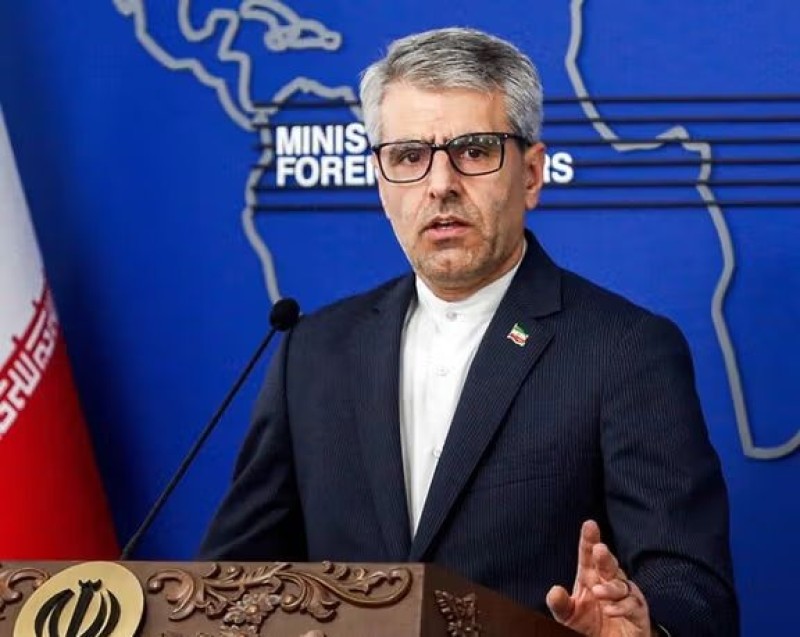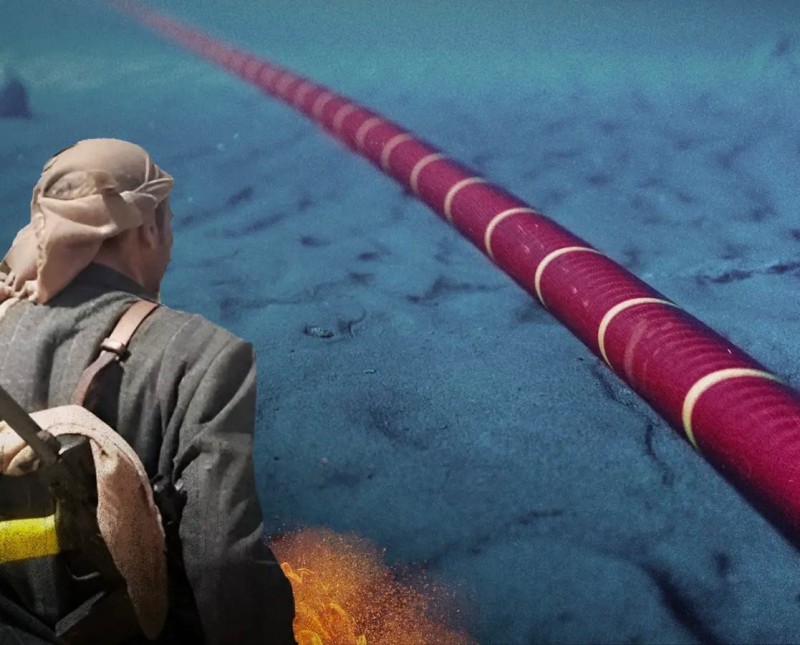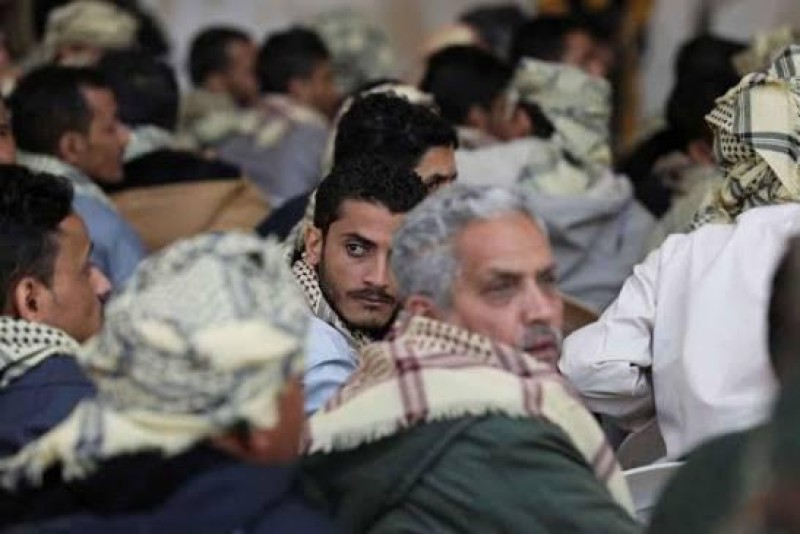Yemen’s Geological Museum Attracts Scholars as University Studies Falter


Despite Yemen’s years of conflict and economic crisis, the geologist Fahd Albarraq and three colleagues keep working unpaid to keep the doors of the Yemen Geological Museum open to researchers.
Most of the staff left in 2016 after the government suspended salaries because of the war and the economic devastation it has caused, but Albarraq voluntarily stayed on as director.
Geology education is suffering, too. Practical training for geology students at several universities has been suspended, students and teachers say, especially after a sharp drop in enrollment rates in science and natural resources faculties. The drop resulted from the limited job opportunities after oil and mining companies stopped their operations in the country, for security reasons.
But volunteers are trying to help students and scholars, too. Groups of dedicated alumni are providing opportunities for students to conduct research and gain practical experience.
Spreading the Culture of Science
After attending a workshop at the 2005 conference of the Association of Science and Technology Centers in the United States, Albarraq and some of his colleagues in Yemen’s Geological Survey and Mineral Resources Authority got inspired to establish the museum. It became an official state museum in 2012.
In an interview with Al-Fanar Media, Albarraq said the museum represents an important part of his life. “The museum is worth the sacrifice to keep it open to scholars,” he said. “I would not be happy with another job not related to geology sciences.”
Albarraq, who is 45, graduated from Sana’a University’s Faculty of Science in 2000. He completed further training as a museum educator in Germany and India.
The Yemen museum displays rare fossils, rocks, and trees from different geological periods. It also offers presentations to school and university students to spread the culture of science among Yemenis.
“The suspension of salaries in 2016, as a repercussion of the war, is our biggest problem,” he said. “This led the museum staff to drop from 12 people to just four. The war threatens our safety and financial situation.”
In addition to his voluntary work at the museum, Albarraq also works in a mobile phone store in order to cover his family’s expenses.
Difficulties at Universities
Given the importance of the oil and mining sector to the Yemeni economy, geology is taught to students starting in the third grade. Some go on to more specialised studies at universities.
But geology students and professors say university studies have been seriously disrupted by the war.
Hajar Al-Asbahi, 27, a graduate student in environmental and geophysical sciences at Sana’a University, told Al-Fanar Media that job opportunities in her field have become scarce.
The rare rocks surrounding Al-Asbahi’s house inspired her to study geology in the hope of understanding the components of that environment. She obtained her bachelor’s degree from Sana’a University’s College of Petroleum and Natural Resources in 2018.
Al-Asbahi said her studies were negatively affected by disruptions to training courses and field trips that constitute an “essential part” in geology. Poor laboratory equipment and the lack of academics due to the exodus of teaching staff made the situation worse.
Initiatives to Support Geology Studies
Amid such difficulties, some graduates of Sana’a University’s Faculty of Petroleum and Natural Resources formed voluntary groups to revive the teaching of these sciences and offer educational and research services to current students.
Abdulghani Gaghman, a geologist based in Romania, is one of them.
A 1998 graduate with over 20 years of experience in managing oil projects in Yemen, the Gulf States and Europe, Gaghman and others are helping supervise the dissertations of Yemeni researchers. They also organize monthly courses for college students, with the aim of linking their theoretical studies with practical experience.
“Geology is an applied science,” Gaghman said in a telephone interview. “Students cannot excel without linking the academic aspect to the practical and field one.
Therefore, we try to provide intellectual and disciplinary support for university students throughout Yemen through direct communication, the social media, and holding public seminars and educational workshops.”
Gaghman, who received his doctorate from the Bucharest Academy of Economic Studies, added that the departure of oil and mining companies had “encouraged some non-specialists to dig in areas with oil fields or mineral wealth and to extract them in random ways.
This has caused environmental problems and destroyed the gold ore due to its random extraction, as seen in Hajjah Governorate.”

Tehran — Iranian Foreign Ministry spokesman Ismail Baghaei has voiced concern over the latest developments unfolding in Yemen, particularly i…

A new media report has revealed that Google is embarking on a major subsea cable initiative, dubbed Blue Raman, in a strategic move to establish a…

Muscat – Thousands of Yemeni families are anxiously watching the ongoing prisoner exchange talks in Muscat, Oman, hoping for a breakthrough t…